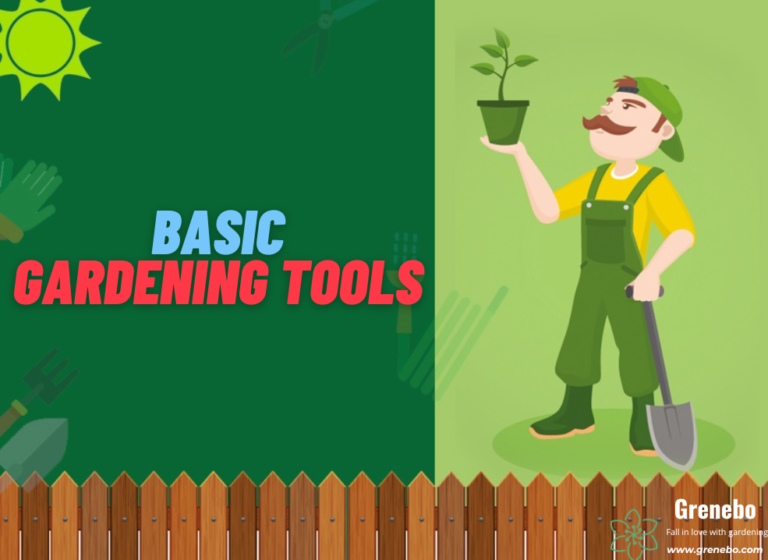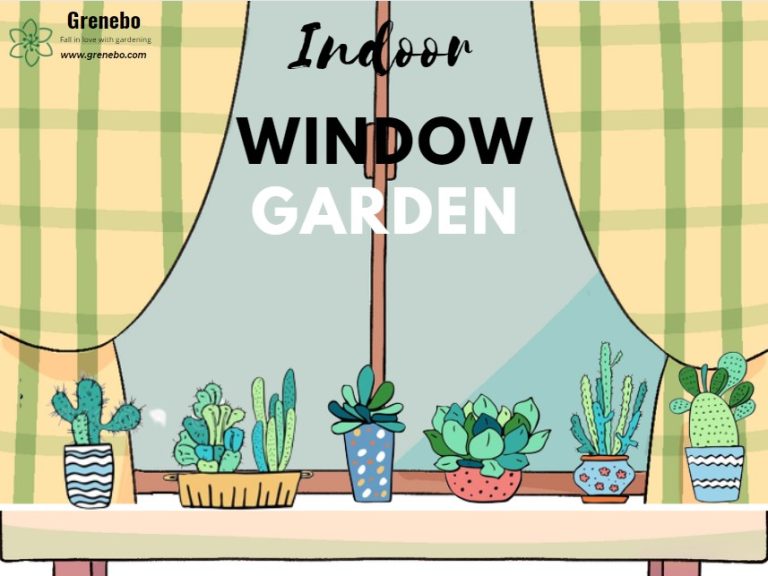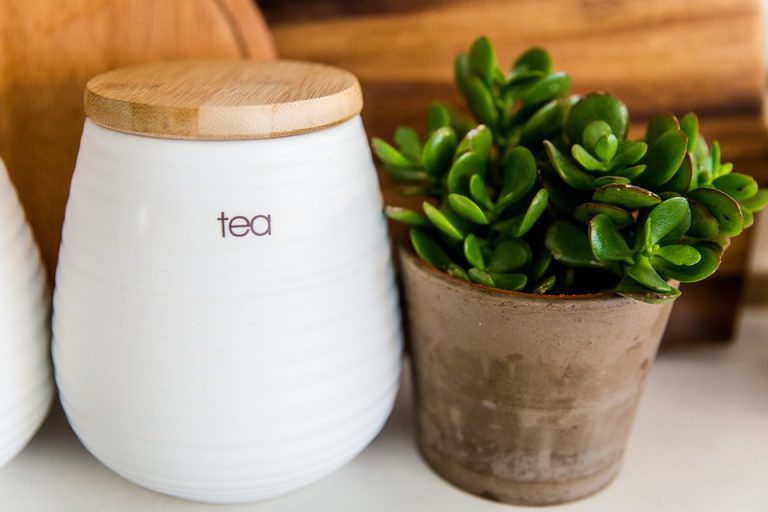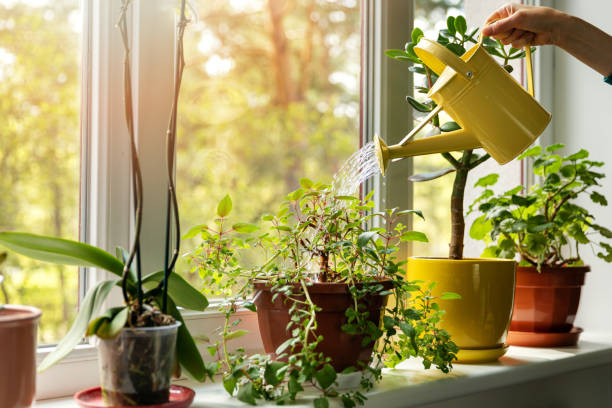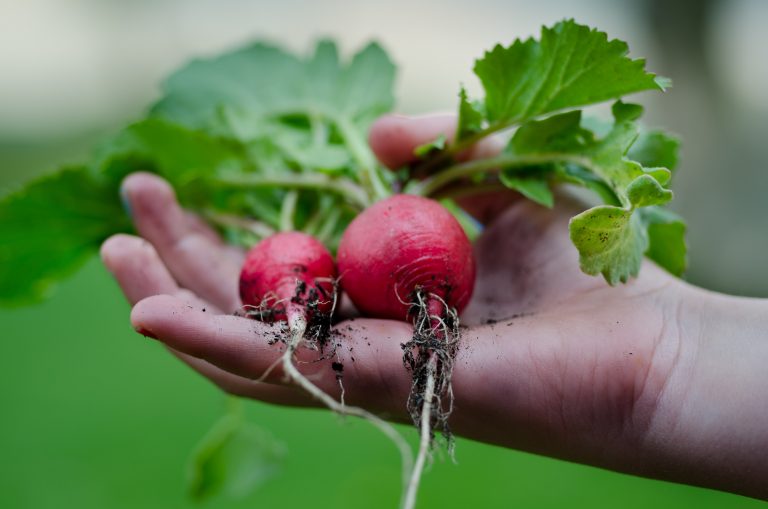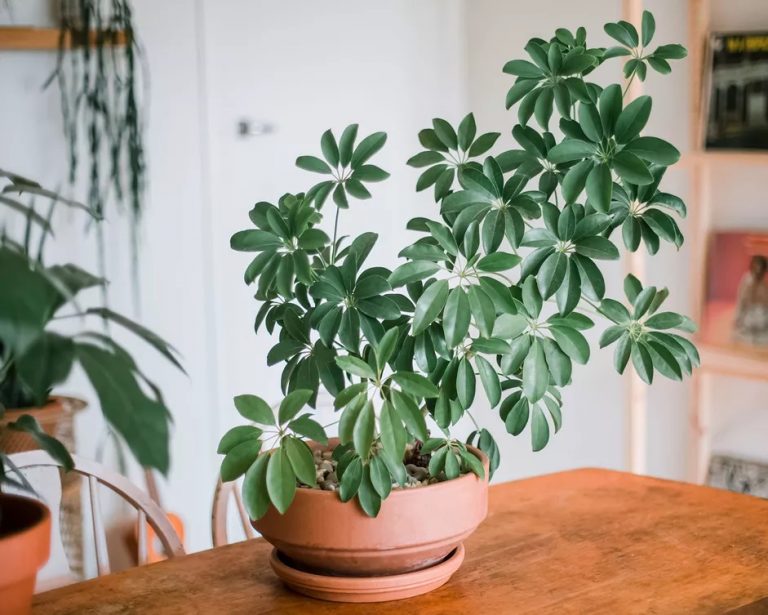Copper Gardening Tools: Why You Should Own One
Copper is a great material to use for gardening tools. Copper has many benefits over other metals, such as being lightweight, durable, and easy to clean. Copper also has properties that make it more environmentally friendly than most other materials used in the manufacture of gardening tools.
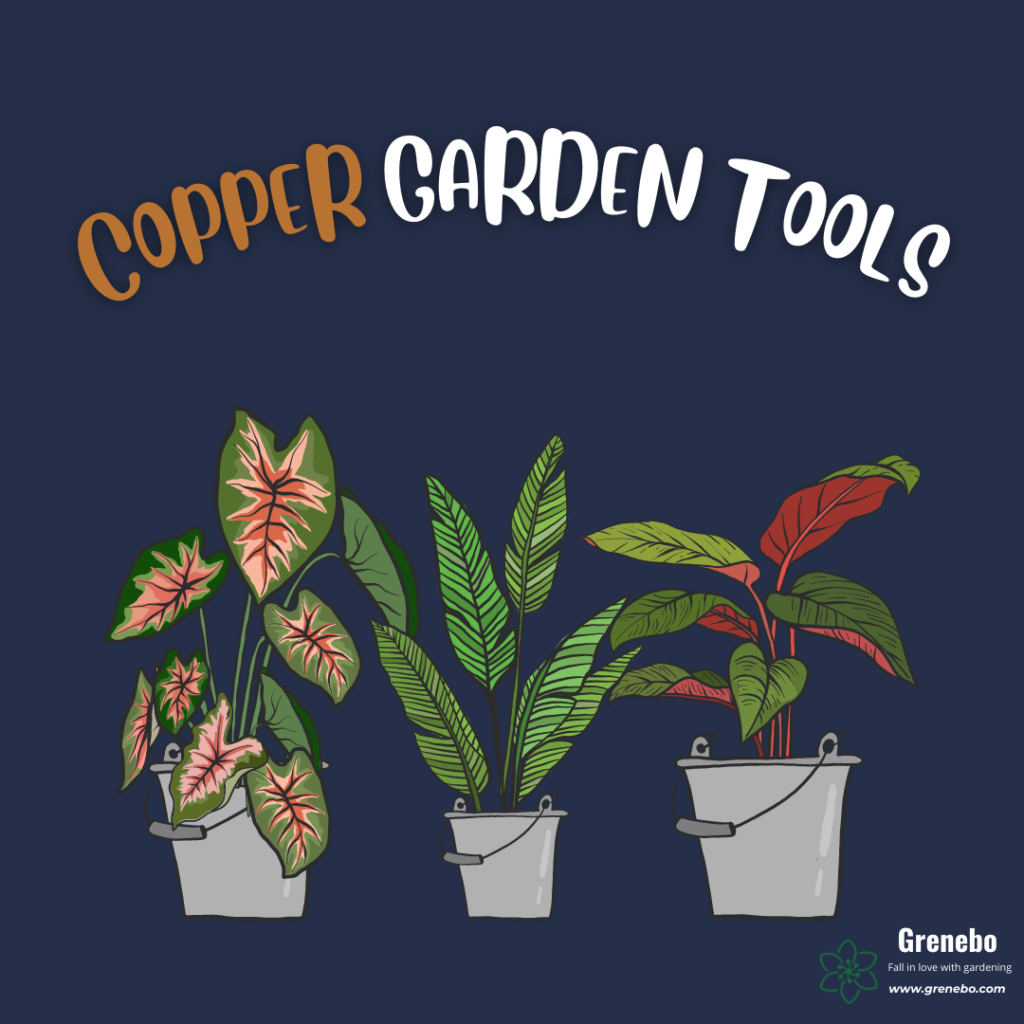
Copper is very durable
Copper is a soft metal. It can be shaped and molded, but not easily bent like steel. This means that it won’t break or bend, which makes it much easier to use for garden tools.
Copper can be stretched and elongated when heated. This makes it an excellent conductor of heat and electricity, as well as being malleable enough so that you can mold it into your desired shape before heating it!
Copper is easy to clean
Let’s say you have a copper tool, and it gets dirty. You just need to do the following:
Throw it in the dishwasher.
Use soap and water to wash it with your hands.
Use an alkaline cleaner, like baking soda or vinegar, depending on what kind of soil has accumulated on your tool. And it’s done.
Copper tools are lightweight
Copper tools are, quite simply, lighter than iron. A copper spade weighs less than an iron one of equal size and shape. This means that you can work longer without fatigue or back pain! You can also use your energy more efficiently on the job by using a tool that is easier to handle.
It’s just as easy to store them too – because they’re so light! Copper tools have a smaller footprint in your shed or garage because they’re lighter and don’t require as much space to store.
Copper tools are easy to handle
If you’ve ever used a copper gardening tool, then you’ll know that copper is heavy. However, it’s also a light material. This means that although copper tools are heavier than other metals, it’s still easy to hold and manipulate them. Imagine trying to work with a bunch of heavy-duty steel tools—you’d probably be sore at the end of the day!
Copper’s unique characteristics make it an ideal choice for many different applications: gardeners love them because they’re strong enough to cut through tough roots and soil; artists love them because they’re malleable enough to mold into whatever shape they want; jewelers love them because they add color and shine when used in jewelry or other decorative objects; chefs use them as cooking utensils due to their high resistance against heat; etc…
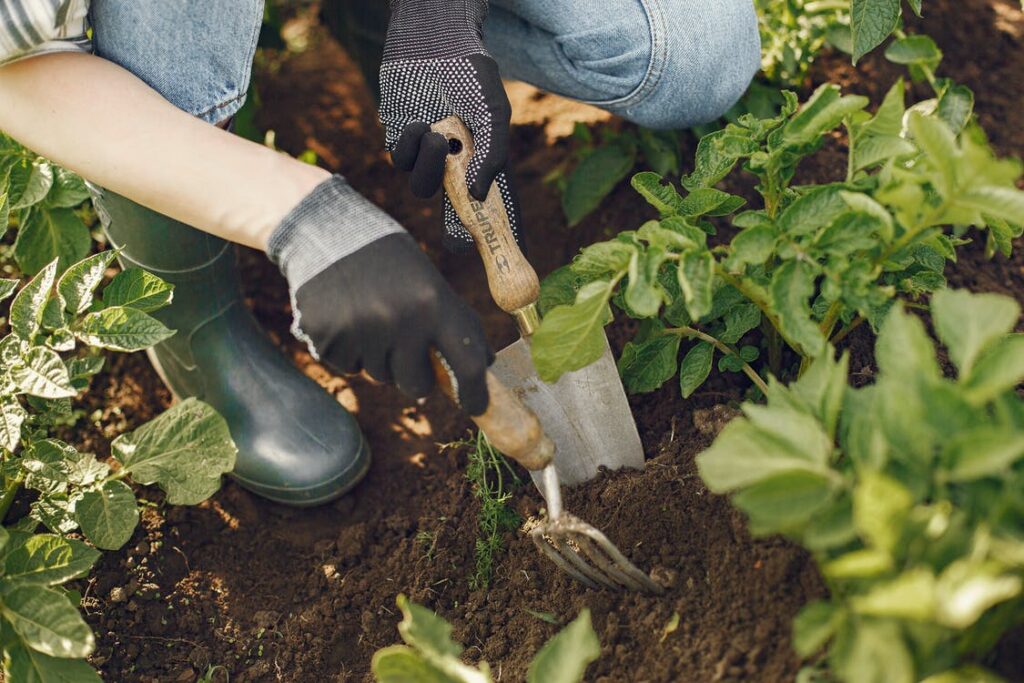
Copper tools are naturally antibacterial
Copper is a wonderful material for gardening tools. It’s also great for cooking, drinking water, and making jewelry. It has a natural antibacterial property that can help keep your plants safe from harmful bacteria.
If you’re not convinced yet, there are even more benefits to using copper gardening tools: they don’t rust! That means they’ll always be sharp and ready when you need them.
Copper deters slugs and snails
If you’ve been plagued by slugs or snails, you’ll probably welcome any help you can get. Copper garden tools are a great way to deter these pests, as they have a bad reaction to copper.
Copper is toxic to slugs and snails (and other mollusks). They will avoid it at all costs, so if you use copper tools in your garden, they won’t cross over the border into your precious plants.
The only drawback is that copper tools do cost more than other options — but it’s worth the cost if it means saving your plants from being decimated by those slimy pests.
Copper has a high thermal conductivity
Copper is an excellent conductor of heat. This means that it will transfer heat quickly from one object to another, allowing you to cook food faster or keep warm water for longer. The high thermal conductivity of copper makes it a better choice than other metals when cooking or heating water.
While iron is also fairly good at conducting heat, copper has an advantage in that it transfers heat more evenly than iron does. If your metal tools are made of copper, they’ll be easier to use because they’ll be less likely to burn your hands while you’re using them!
Copper is corrosive resistant and durable
Copper gardening tools are also corrosion-resistant, meaning they won’t rust or corrode and can last a long time without having to be replaced. Not only do they work well with your soil in terms of aeration and water retention, but they also withstand the test of time. Some of our products come with a lifetime warranty! They’re durable enough to handle tough jobs like digging up large weeds and removing rocks from the soil without breaking your back or arm. And if you happen to drop one (which happens more often than we’d like), rest assured that it won’t shatter into pieces as plastic handles do—copper is naturally antibacterial so there’s no need for disinfectant wipes after using them around plants or handling fresh produce from your garden.
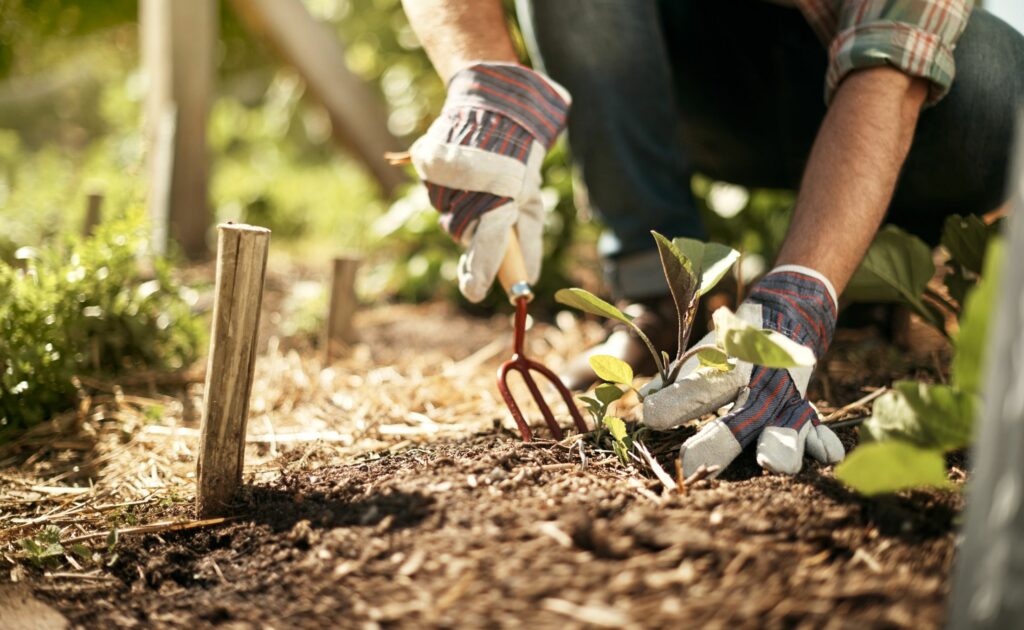
Soil Enrichment
Copper is an essential element of life. It is a key component of many enzymes that are used by plants to convert light into energy. An important enzyme in the nitrogen-fixing process, called nitrogenase, requires copper to function effectively. Without this enzyme, plants would be unable to utilize atmospheric nitrogen as a nutrient source and would therefore be unable to grow in soils low in nitrogen.
Copper is also required for the production of chlorophyll, which gives plants their green color. Chlorophyll also helps plants trap sunlight energy in photosynthesis and converts it into carbohydrates that feed plant growth and development.
Copper deficiency can lead to stunted plant growth, reduced photosynthetic activity, poor fruit set, and poor seed germination rates in some species of crops including wheat, oats, barley, and tomatoes.
Good For Plants
Copper sulfate has traditionally been used as a fungicide in the garden to treat blight, rust, and other plant diseases. The Bordeaux mixture, which is made up of copper sulfate, lime, and water, is particularly successful in treating many plant and tree diseases because it adheres to the plant and does not wash away as quickly as other treatments.
Copper sulfate is also used in vegetable gardens and fruit plants to address copper deficiency. Copper insufficiency is marked by withering tips on the tree’s twigs, as well as yellowing and falling leaves. If you garden frequently, it may be useful to have your soil tested to see if it is copper deficient. There are accredited labs that can test soil for pH levels and nutrients for a reasonable price. The amount of copper your crop need is determined by several factors, including the coarseness of the soil and the amount of organic matter it contains. Copper absorption can be slowed by high quantities of organic matter, but this normally corrects itself when the organic matter breaks down further.
If you do decide to add copper, keep in mind that if it is not handled properly, copper sulfate and mixes containing copper can be dangerous to people, and plants (it can severely discolor and even kill the plant if too much is used), and animals. If it is used to treat soil or plants in large farming operations, it can build up in bodies of water (e.g., ponds and lakes), causing injury or even death to aquatic species.
Copper sulfate, urea, and trace metals in oxide or sulfate forms—potassium, magnesium, zinc, and iron—are all found in many commercially available plant meals. It is critical to read and carefully follow the instructions on these items’ labels. Some experts advise that you minimize your exposure to the product by wearing protective garments and gloves and avoiding inhaling it.
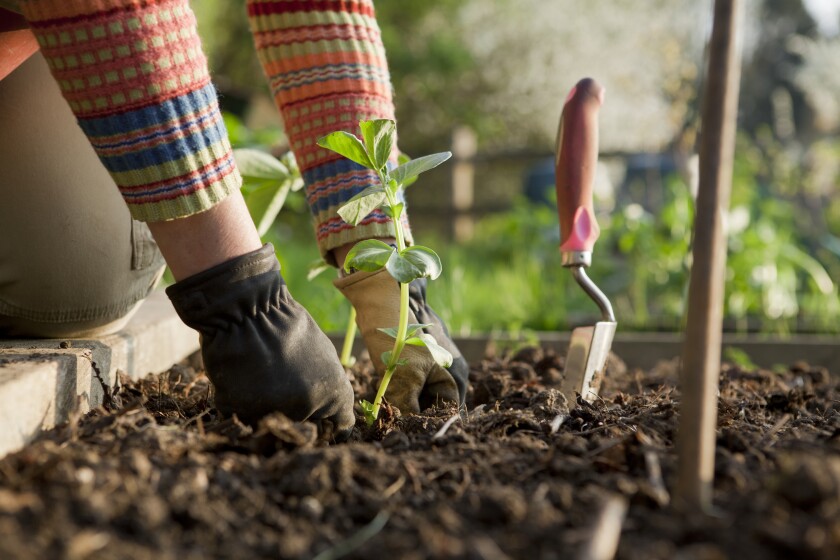
Copper and Iron Gardening Tools Difference
Copper and iron gardening tools are both popular choices for gardeners. Copper is a naturally occurring element that has been used by humans since the dawn of civilization. It’s known to be an excellent conductor of heat and electricity, which makes it useful in many industries.
Iron is also a naturally occurring element that has been used by humans for centuries. It’s a strong, durable metal that can be easily shaped into different shapes, making it useful for many applications.
The main difference between iron and copper gardening tools is how long they will last before wearing out or breaking down. Iron tools tend to wear out quicker than copper ones do and they are more prone to breaking down while being used outside in the elements every day.
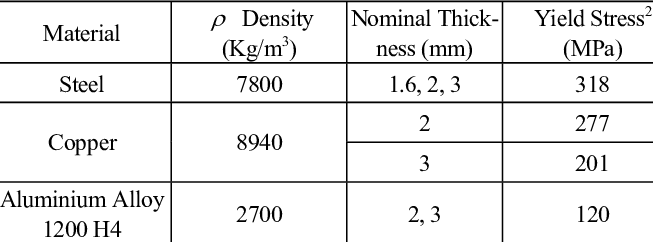
Copper tools are worth the investment
Copper is indeed a sustainable material. A metal with a long history of use in gardening tools, copper has been prized for its antimicrobial properties and ease of care. Copper can be easily cleaned and will not rust or corrode over time. It’s also easy to use: the metal is lightweight, making it ideal for bent-over gardening tasks like digging or weeding (when you’re older than me).
Carbon steel tools can be made from recycled materials, but they require oiling after every use so they won’t rust. In contrast, copper requires little maintenance—just rinse after each use with warm water and hand dry thoroughly before storing! Copper is naturally antimicrobial—it’s even used as an antiseptic dressing in hospitals because it kills bacteria on contact (no more nasty infections when you accidentally cut yourself).
Conclusion
We hope you’ve enjoyed our list of reasons why to use copper gardening tools. We know there are many more benefits to using copper than we could mention here, and the best way for you to find out about them is by giving one a try yourself!



